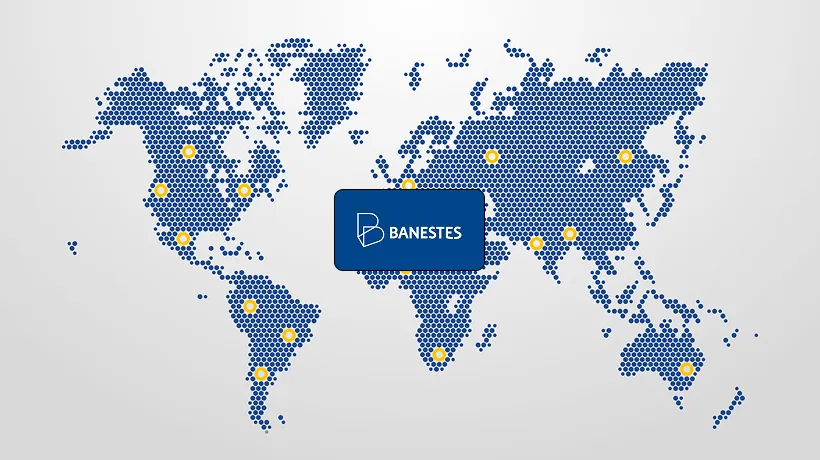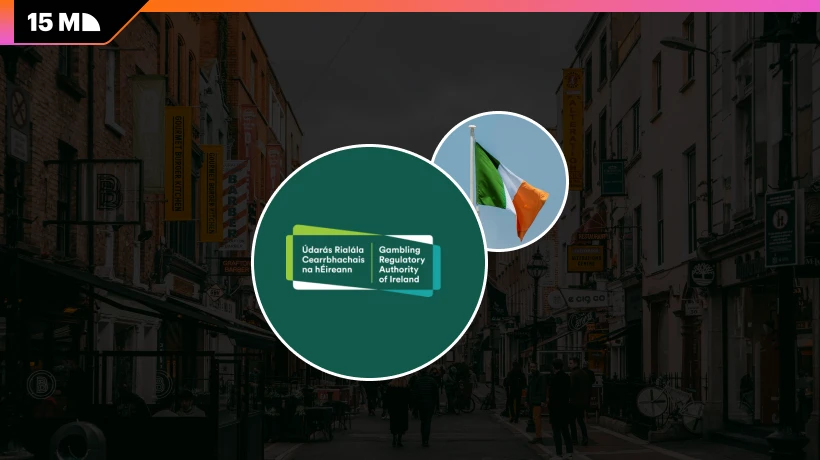Banestes Loteria entered exclusive negotiations with the World Lottery Association yesterday. The new lottery division belongs to Banestes, Espírito Santo’s state bank.
Amarildo Casagrande leads Banestes as president. He confirmed the bank extended talks with WLA to meet international compliance standards. Three consortiums bid for operational rights earlier this year.
The state created Banestes Loteria specifically to manage regulated gambling. It’s their answer to Brazil’s illegal betting problem.
Why Espírito Santo Pushed for Regulated Gambling
Illegal online gambling keeps growing across Brazil. Jogo do Tigrinho became the face of this problem, with slot-style games that influencers promote heavily on social media. Authorities call it emblematic of unregulated betting.
The state wants a transparent alternative. Public concern over illegal operators drove this decision. Espírito Santo sees regulated lottery as a way to capture revenue that’s currently flowing to unlicensed sites.
And it’s not just about money. The state needs accountability in gambling operations. Regulated lotteries contribute directly to public funds instead of disappearing offshore.
What Banestes Loteria Will Actually Offer
The lottery received authorisation for six game types. These include instant lotteries, sports predictions and numerical draws. Fixed-odds betting rounds out the offerings.
Banestes plans to use its existing banking network. The lottery will reach customers through banking correspondents across the state. Digital channels will handle online players.
Operations should start by late 2025. The extended negotiations focused on operational integrity, making sure systems meet international standards before launch. WLA brings that expertise to the table.
How This Changes Brazil’s Betting Landscape
Other states are watching closely. The Banestes model mixes public oversight with private-sector know-how. If it works, expect similar operations elsewhere.
Industry analysts think the initiative will boost tax revenue significantly. More importantly, it creates a framework for responsible gaming oversight. Brazil’s unlicensed operators have attracted millions of players with zero safeguards.
The Tigrinho phenomenon highlighted real social costs. Problem gambling without intervention, money laundering concerns, no consumer protection. A state-run lottery addresses these issues head-on.
Brazil’s regulated betting framework keeps expanding. But state lotteries fill a different role than private operators. They offer the government direct control over gambling activity in their jurisdiction.
Banestes Loteria isn’t trying to eliminate illegal betting overnight. It’s building an alternative that pulls players toward regulated options. The banking infrastructure gives them reach that typical lottery operators don’t have.
Whether other states adopt this exact model remains uncertain. But the basic approach, state bank plus international lottery expertise, could spread if Espírito Santo’s experiment succeeds.







